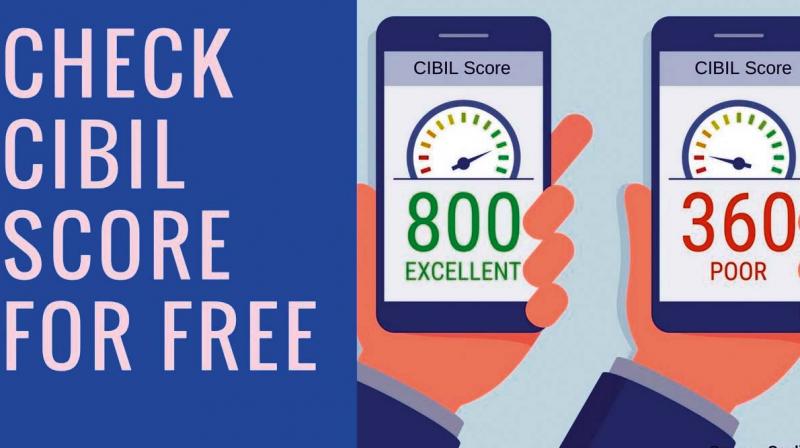What defines your creditworthiness?
Credit score is a measure of your creditworthiness. Here are some parameters that shape it.

A credit score is a numerical representation of your creditworthiness. It is typically represented in a triple digit number ranging between 300 and 900, the latter being the perfect score. Many factors help shape this score. Credit rating agencies collect data on your credit history from your lenders. They then use it to evaluate your score based on their own parameters. Today, the most attractive loan offers are reserved for those with scores of 750 or more. Let’s take a look at some of these parameters.
YOUR REPAYMENT HISTORY
The one thing that impacts your credit score the most is your history of repayment. If you have been prompt with your credit card and loan EMI payments, you will be rewarded with a healthy score. If your credit history is littered with late payments and missed due-dates, your score will be poor. Lenders such as banks and other financial institutions report your repayment habits to credit rating agencies, which then lists your late payments in your credit report. These red marks will be visible to future lenders whom you will approach for new loans and credit cards.
HIGH CREDIT CARD USE
Credit utilisation refers to the amount of available credit that you are actually using. For example, your credit card spending limit may be Rs 50,000, but you are using only Rs 10,000 in a month, so your credit utilisation ratio is 20 per cent. High credit utilisation can have a negative impact on your score. If you frequently hit the spending limit on your card, you may be seen as hungry for short-term credit in your credit report. This will hit you further if you are ever late in repaying your dues. Ideally, try and keep your credit use at 20-30 per cent of your spending limit, barring exceptions.
THE AGE OF YOUR ACCOUNTS
Long story short, the longer you have a loan account, the better for your credit score. Take the example of your credit card. If you have had one for many years, it means you have been regularly repaying your dues. This reflects positively on you as a responsible borrower. The age of your accounts has a medium impact on your credit score. However, this doesn’t mean you shouldn’t pre-close your loans if you can. The full repayment of your debt will always have a positive impact on your score.
NUMBER OF CREDIT ENQUIRIES
Each time you apply for a loan or credit card, your lender or bank initiates a check into your credit history. Each new such query can reduce your credit score marginally. Therefore, never apply for too many loans or credit cards at the same time. Instead, thoughtfully shortlist the ones you are eligible for and then finalise one product that appeals the most to you. If you apply for too many credit products, you may be signalling your own credit-hungriness, which doesn’t reflect well upon you. The number of credit enquires don’t include the ones you made yourself into your own credit history. The ones initiated by lenders and banks have a medium impact on your score.
HOW MANY LOAN ACCOUNTS?
How many loan and credit card accounts have you opened? A long list of lenders on your profile means that many creditors were able to trust you with their money. It may also reveal a mix of short and long-term borrowings, as well as secured and unsecured borrowing. This reflects well on you, and will have a low impact on your score. This list of accounts would include both active accounts as well as the ones that you closed.
NEGATIVE STATUS ACCOUNTS
Have you ever defaulted on a loan? Did your lender mark it as written off, “settled” or account sold? If yes, this will have a small, negative impact on your credit score. However, not having any accounts marked as negative is good for your credit history. It means that you have always repaid your dues in full, which reveals you to be a responsible borrower.

